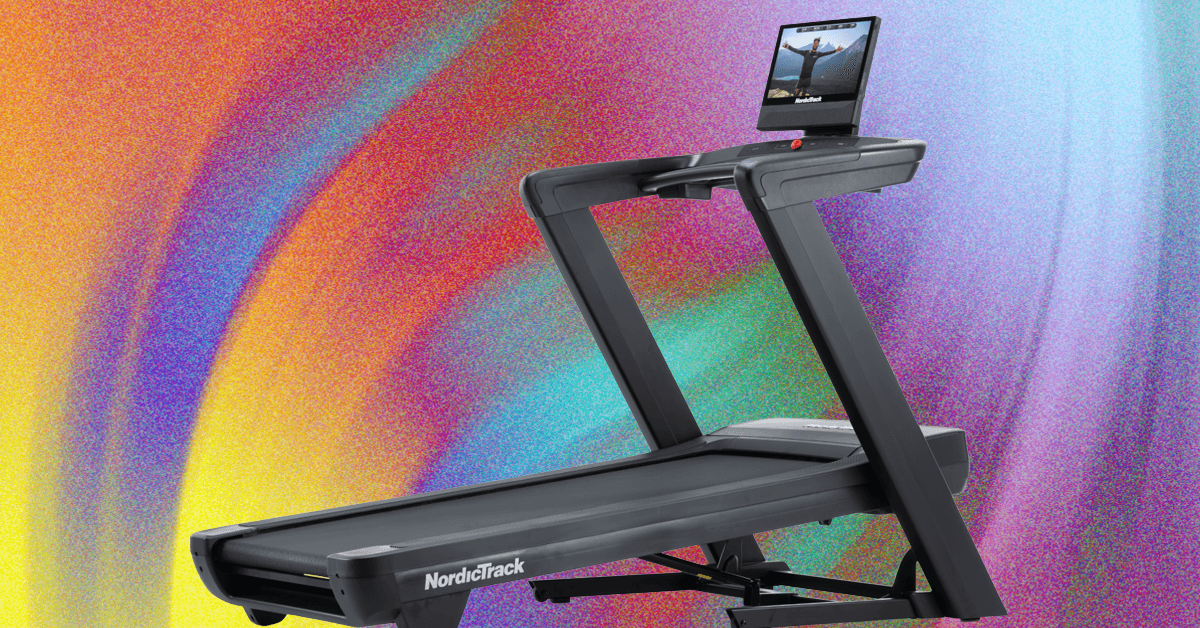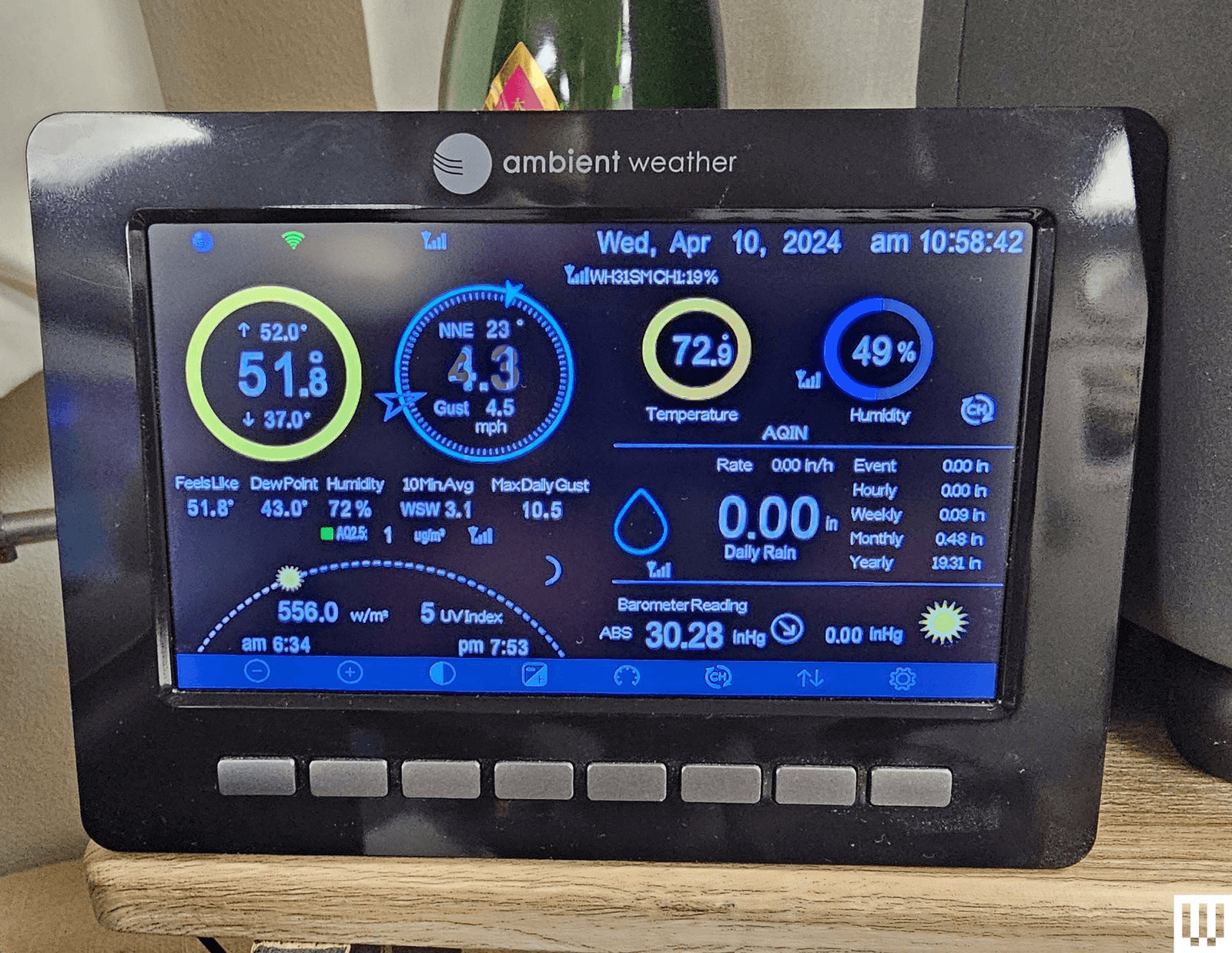
If you don’t own a car, check in with your insurer to see if they offer policies specifically for car rentals—Geico, for example, offers non-owner liability policies for car rentals.
Otherwise, if your situation fits any of these below, you’ll want to explore what additional coverage options the rental agency offers.
You carry only liability insurance on your car. Nearly every U.S. state requires drivers to carry liability insurance, which covers you if you are found to be legally responsible for injuring someone or damaging someone’s property while driving.
To save money, however, some folks choose not to purchase collision insurance (which covers damage to one’s car from an accident) or comprehensive insurance (which also covers costs due to fire, hail, and theft). This is especially common for people who own older cars, who sometimes figure the extra premium costs would add up to more than their cars are worth.
But making that choice would definitely leave you unprotected when you rent a car. “If the driver only has liability insurance coverage, their personal auto insurance policy would not cover damage to the rental vehicle,” says Carly Kraft, spokesperson for Farmers Insurance.
Your rental is much nicer than your own car. Know that if you plan to rent a vehicle that is significantly nicer than your own, your personal auto insurance policy may not cover damage to the rental.
What do we mean by “significantly nicer”? Unfortunately, the insurance companies tend to be vague on that point. “If you’re renting a car in the U.S. of similar value to your personal car, it is likely that your auto insurance coverage will be adequate for the rental,” reads Geico’s website. “But if you’re off to a blowout beach weekend in a slick set of wheels like a sports car and you’re leaving your 2008 family sedan at home, purchasing the extra auto insurance coverage offered by the rental company may be a good idea.”
Similarly, Farmers Insurance told us that “consumers may want to consider purchasing insurance from a rental car company if the vehicle they are renting is substantially more valuable than their personal car, such as a luxury sports vehicle.”
This is also an issue with credit card rental insurance. Hertz explicitly warns customers that some credit card insurance policies “don’t cover certain car types or classes, e.g., large sport utility vehicles or certain luxury cars.”
The key factor seems to be a matter of vehicle “class,” meaning if you regularly drive an old Honda sedan with 125,000 miles on it and then rent a huge luxury SUV or convertible sports car on vacation, there’s a good chance you won’t be covered.
When in doubt, check your policy or contact your insurance company or agent (or credit card company) to understand your coverage limits, says Passmore at APCIA. If you can’t get a clear answer, consider playing it safe and getting additional collision and liability waivers from the rental agency.
You’re renting in a foreign country. Allstate, Geico, Farmers, State Farm, and Progressive all say that your personal auto insurance coverage extends only to car rentals in the U.S. and Canada. The same goes for rental insurance offered by most credit card companies. (Some, like Chase Sapphire, say their coverage extends to the U.S. and abroad, though you’ll have to check your specific card member benefits for details.)
When traveling anywhere else, a good bet is to get the rental coverage offered by the car rental company.
You’re renting an RV, a cargo van, or a moving truck. These vehicles are usually not covered under standard auto or credit card insurance policies, which typically apply vehicle weight restrictions, says Passmore at APCIA.
For example, Progressive says most standard auto policies it offers won’t cover cargo vans or moving trucks due to weight restrictions. Chase Sapphire cards have similar restrictions and also add that the card won’t cover rented vans that exceed nine passengers.
As with conventional rental cars, companies that rent these vehicles typically sell insurance coverage.
But Kraft at Farmers says if you’re renting an RV, you may be able to add a special insurance “rider” to your standard auto policy instead. Doing so could save you money compared with purchasing daily coverage from the company renting the RV. (The price will depend on the type of vehicle and how long you’re renting it for, among other things.)
You’re renting a car on a business trip for your employer. If you’ve rented a car as part of travel for your job, you likely won’t be able to rely on either your credit card or personal auto insurance for coverage, says Loretta Worters at the Insurance Information Institute. If your employer’s rentals don’t automatically include coverage, contact your HR department to find out how to add it.
You’re renting for more than 15 days in the U.S. Both standard auto insurance and credit card policies may limit the number of consecutive days they’ll cover a rental car.
For example, the PenFed Platinum Rewards Visa Signature credit card has a coverage limit of 15 days in the U.S. or Canada and 31 days elsewhere. Chase Sapphire cards offer coverage up to 31 consecutive rental days.









